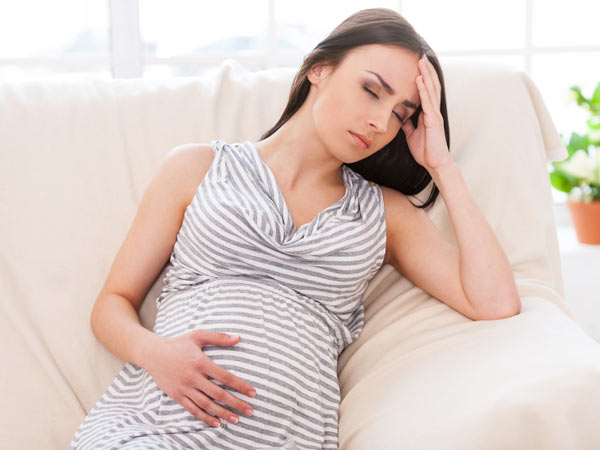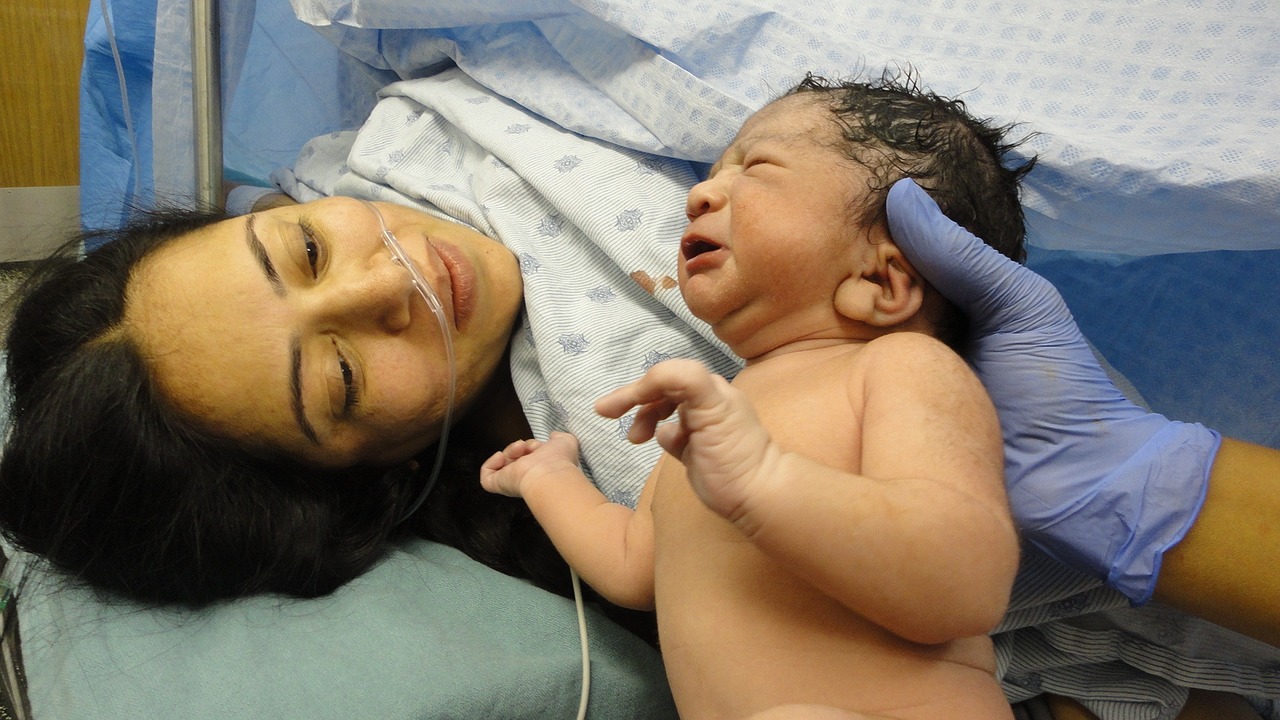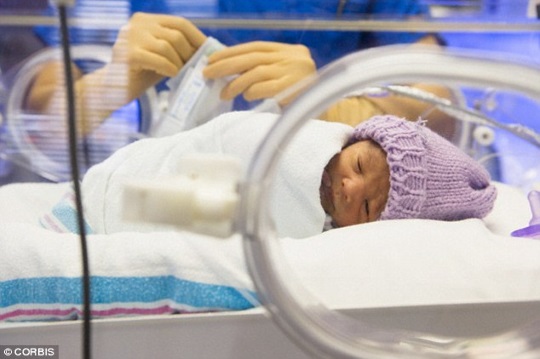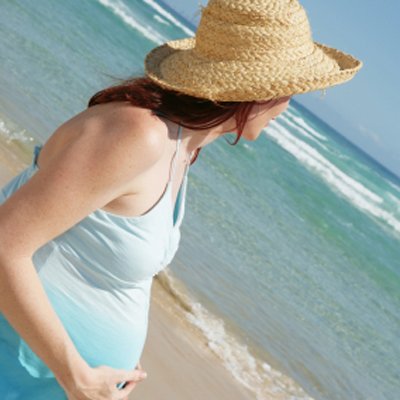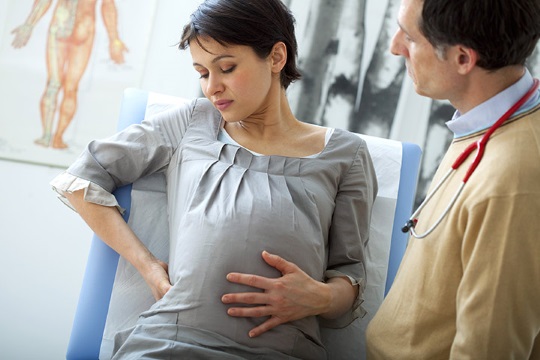Pregnancy discomfort
What are pregnancy discomforts? Most pregnancies are medically uneventful and end happily in the successful birth of a healthy baby. But you still have 40 weeks to wonder whether certain physical and emotional discomforts are serious enough for medical intervention or are minor problems you can deal with on your own. Your first - and most important - step is to sign up for a comprehensive programme of antenatal care, which will usually be offered by a midwife, your GP or your labour ward. You and your developing baby will get regular assessments and routine monitoring to make sure everything is going well - and if it isn't, appropriate care will be recommended for any problems. You and your partner will get confidence-building information about each stage of your pregnancy, including labour, childbirth and the care and feeding of a newborn. A pregnant woman is as likely as anyone to get minor illnesses, but when you're pregnant, always keep your doctor informed of any illness so you get any necessary treatment. Your main responsibility is keeping yourself and your baby well-nourished and cared for. That means you need a healthy diet, appropriate exercise, plenty of rest and a stress-free environment. Above all, don't smoke or drink alcohol while you're pregnant, and avoid all drugs except those prescribed by your doctor. What are the symptoms of pregnancy discomfort? Women can expect some or all of these changes in a normal pregnancy: - In the first trimester: absence of menstrual flow, minor weight gain, increased urination, enlarged and perhaps sore breasts, morning sickness and nausea.
- In the second trimester: significant weight gain (about half a kilo a week), stretching of the abdominal wall and pelvis, backache, constipation, heartburn and foetal movement. - In the third trimester: swollen limbs from fluid retention, leaking breasts, constipation, haemorrhoids, insomonia and discomfort below the rib cage a few weeks before the baby drops into position at about 36 weeks. Seek medical advice from your doctor or midwife if: You have severe or persistent nausea and vomiting, rapid heartbeat or pale, dry skin. You may have dehydration related to hyperemesis gravidarum, a severe form of morning sickness. You have vaginal spotting or bleeding. You may be having a miscarriage or a serious placental complication. You have sudden weight gain over a few days, severe headache or blurred vision. You may have developed pre-eclampsia, a form of high blood pressure. You have a fever over 38° C (100.4° F) and chills, backache or blood in your urine. You may have a kidney infection or other infection. If you feel fewer baby movements from normal or you are concerned about your baby’s movements; you may be experiencing foetal distress. You feel wetness or a leaking of fluid, unlike normal vaginal secretions or urinary leakage. You may have ruptured membranes or leaking of amniotic fluid.
Retrieved From: http://www.webmd.boots.com/pregnancy/guide/pregnancy-discomfort
|
|





